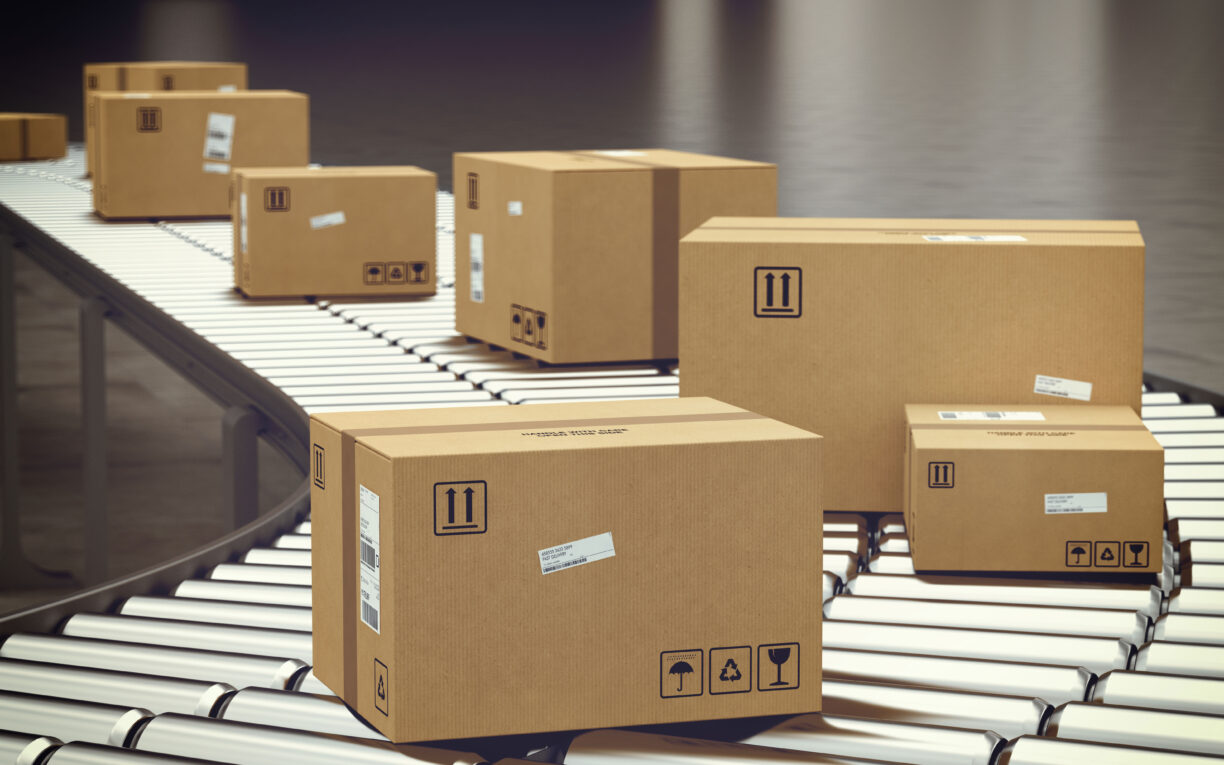The contract packaging industry has seen tremendous growth in the last decade as more and more product manufacturers turn to outsourcing their packaging needs. Contract packaging involves a company specializing in packaging services that will package products according to a client’s specific requirements and brand the packaging with their logos and information.
What is contract packaging?
Contract Packaging refers to the process where a company that specializes in packaging will take a product from a manufacturer and package it according to the client’s requirements. This involves taking the raw or bulk packaged product and packaging it into the final retail-ready container along with any required labeling, branding, and instructions. Contract packagers deal with all types of packaging from bottles, jars, pouches to boxes. They bring in packaging line equipment and hire the necessary workforce to handle the packaging needs of clients on demand.
Advantages of contract packaging
There are multiple advantages that drive product manufacturers to utilize contract packagers:
Capital expense savings: Packaging lines and equipment require huge capital investments that many small and medium businesses cannot afford. Contract packagers already have the infrastructure in place, allowing clients to avoid this overhead cost.
Flexibility: Contract packagers can easily adjust their production lines as per changing order volumes, new SKUs, or packaging changes. This flexibility is difficult for in-house packaging operations.
Resource utilization: Contract packagers are able to optimize the utilization of their packaging lines by taking on work from multiple clients. This improves efficiency.
Focus on core business: By outsourcing packaging, clients can focus all their efforts on product development, marketing, sales, and other core areas of their business.
Specialized expertise: Contract packagers are packaging specialists with expertise in areas like packaging design, regulatory compliance, line changeovers, and quality control saving clients the learning curve.
Risk mitigation: Contract packagers take on risks related to investments, recalls, wastage, and compliance issues related to packaging.
Types of contract packaging services
A comprehensive contract packaging company offers various services beyond just running the packing lines. Here are some of the key services:
Packaging development: Creation of packaging designs, prototypes, testing, and validation to meet requirements.
Raw material procurement: Sourcing of packaging substrates, components, and consumables in bulk.
Regulatory compliance: Ensuring packaged products meet all regulatory standards on labeling, ingredients, and safety.
Quality assurance: Implementing QA/QC programs, sample testing, release protocols, and managing issues.
Inventory management: Warehousing of raw materials and finished goods, order fulfillment, and delivery.
Analytical testing: Conducting chemical and physical analysis of packaging and product samples.
Sustainability initiatives: Guidance on sustainable/green packaging options and waste management.
Marking and serialization: Specialty services for marking, coding, and serialization.
Packaging equipment and line rental: Provision of dedicated lines, mobile trailers or space on common lines.
How has the industry evolved?
The contract packaging industry has come a long way from providing only basic packaging services. Increased competition has driven packagers to add value through new technologies and capabilities:
– Automation integration: Use of robotics, vision, and IoT to achieve higher line speeds, productivity, and product traceability.
– Niche capabilities: Emergence of service providers specializing in aseptic filling, cold chain, medical device packing, kitting etc.
– Digital platforms: Adoption of ERP solutions, track and trace portals for simplified ordering, QC tracking.
– International expansion: U.S. players establishing facilities globally near manufacturing clusters or key markets.
– Mergers and acquisitions: Consolidation of regional packagers, capability expansions through targeted acquisitions.
– Sustainability as USP: Providing supply chain transparency, reducing packaging waste/carbon footprint as a differentiator.
Market size and outlook
The global contract packaging market size was valued at over $80 billion in 2020 according to industry estimates. North America remains the largest market led by pharma/medical and food industries. The Asia Pacific region is witnessing fastest growth driven by China and India as both manufacturing destinations and growing consumer markets. The market is projected to grow at over 7% CAGR through 2028 supported by rising demand across industries, proliferation of SKUs, technological innovation and expansion from global players into new sectors and regions.
Contract packaging has emerged as a lucrative business model fulfilling the outsourcing needs of product manufacturers across industries. Driven by advantages of capital and risk mitigation, flexibility and expertise, many companies now rely on specialist packaging service providers to package their products professionally. With continous technology adoption, capabilities expansion and consolidation, the contract packaging industry is well poised for strong growth going forward.
*Note:
1. Source: Coherent Market Insights, Public sources, Desk research
2. We have leveraged AI tools to mine information and compile it

